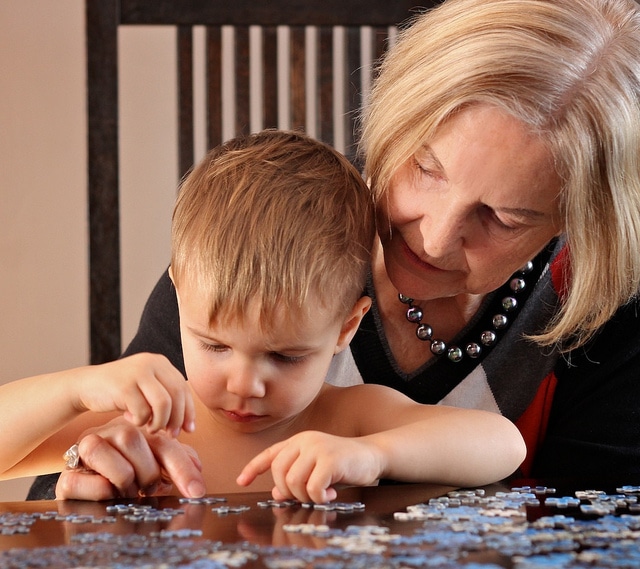
In a 5yr study on primary school children in Singapore, researchers from the National University of Singapore (NUS) found that children with intrusive parents had a higher tendency to be overly critical of themselves and this tendency increased over the years.
Parents may have high expectations of their children’s academic performance and some may demonstrate this by urging the child to achieve good grades, while others may over-react when the child makes mistakes.
However, parents should be mindful of their behaviour and not push their children too far, as their actions may lead to unintended consequences.
Children in the study who demonstrated high or increased level of self-criticalness also reported to have elevated depression or anxiety symptoms.
The study examined how maladaptive perfectionism – commonly known as the ‘bad’ form of perfectionism – develops in primary school children in Singapore.
“When parents become intrusive in their children’s lives, it may signal to the children that what they do is never good enough. As a result, the child may become afraid of making the slightest mistake and will blame himself or herself for not being ‘perfect’.
Over time, such behaviour, known as maladaptive perfectionism, may be detrimental to the child’s well-being as it increases the risk of the child developing symptoms of depression, anxiety and even suicide in very serious cases,” said Assistant Professor Ryan Hong, who led the study which was conducted by a team of researchers from the Department of Psychology at the NUS Faculty of Arts and Social Sciences.
 How does parental intrusiveness look like?
How does parental intrusiveness look like?Parental intrusiveness was assessed in the first year of the study using a game played by the child, who was then seven years old, with the parent accompanying the child.
In the game, the child had to solve puzzles within a time limit, and the parent was told that he or she could help the child whenever necessary.
An example of a highly intrusive parental behaviour would be when the parent took over the game to retract a move made by the child.
The purpose of this task was to observe whether the parent interfered with the child’s problem-solving attempts, regardless of the child’s actual needs.
Useful tips for parents
While it is perhaps unavoidable that parents have high expectations of their children, Asst Prof Hong advised parents to be mindful of not pushing their children over the edge.
“Children should be given a conducive environment to learn, and part of learning always involves making mistakes and learning from them. When parents become intrusive, they may take away this conducive learning environment,” he said.
“One small practical tip might be the way we ask our children about their academic performance. For instance, instead of asking, “Did you get full marks on your test?”, parents can try asking, “How did you do on your test?”. The former question conveys a message to the child that he or she is expected to get full marks on the test while the second question does not convey such a message,” Asst Prof Hong suggested.
Asst Prof Hong also advised that if a child did not do as well as expected in a test, parents should refrain from blaming the child for not performing up to expectations. Instead, parents should first praise the child for his/her achievements before turning to the mistakes.
Parents should take this opportunity and make it into a learning, rather than an evaluative, exercise by helping the child learn from his/her mistakes.
More information about the study: https://news.nus.edu.sg/press-releases/10531-intrusive-parents-self-critical
Anllelic Lozada “Angie” is a proud P.A.N.K (professional aunt with no kids), a Personal Marketing Strategist in NYC and Los Tweens & Teens “Tia-in-Charge,” based in New York City. Anllelic wants you to best your best life so you can positively influence your tween and teen. Subscribe to her weekly e-newsletter in Spanish in marketingparatucarrera.com/Vendete, where she shares personal marketing strategies to help you “Comunicar lo genial que eres.”
